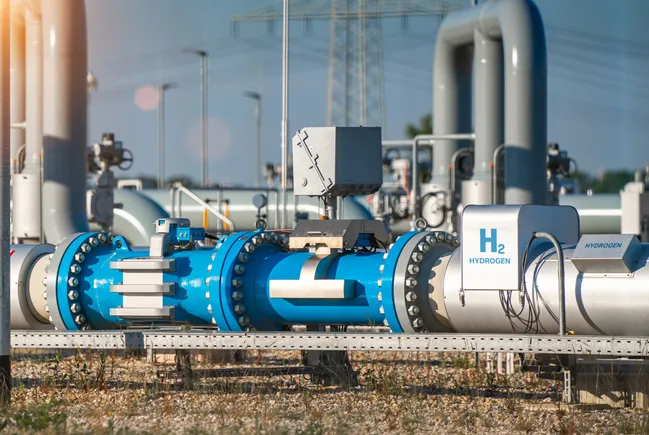Driving America's Energy Future: The Strategic Significance of the Hydrogen Hub Program
Key Ideas
- The Regional Clean Hydrogen Hub program aligns with both Biden and Trump administrations' energy strategies, leveraging public-private partnerships to stimulate local economies and boost industrial corridors.
- Hydrogen hubs across the country capitalize on regional natural resources, such as natural gas in Appalachia, hydropower in the Pacific Northwest, and nuclear power in the Midwest, to produce hydrogen tailored to local needs.
- The program aims to revitalize key industrial regions, enhance energy diversity, and increase energy independence, potentially generating 700,000 new American jobs and $140 billion in business revenue by 2030.
- Investing in hydrogen now is crucial to maintain competitiveness globally, as other countries like China, the European Union, and Japan are already heavily investing in hydrogen production technology and infrastructure.
The article discusses the strategic significance of the Regional Clean Hydrogen Hub program in the United States. The program, initially thought to be a relic of the Biden administration, is shown to align with both Biden and Trump energy strategies by leveraging public-private partnerships to stimulate local economies and boost industrial corridors across the country. The program's focus on hydrogen reflects its versatility, allowing for the utilization of regional natural resources to produce hydrogen tailored to meet local needs.
The hydrogen hub program spans various regions in the U.S., each capitalizing on unique resources such as natural gas, hydropower, and nuclear power to produce traditional, low-carbon, and green hydrogen. By integrating hydrogen infrastructure into industrial regions, the program aims to revitalize these areas, increase energy diversity, and ensure competitiveness in the global energy landscape.
Furthermore, investing in hydrogen is seen as an economic opportunity, with projections suggesting the potential creation of 700,000 American jobs and $140 billion in business revenue by 2030. The article emphasizes the importance of the U.S. maintaining a competitive edge in the global hydrogen market, especially as other countries like China, the EU, and Japan are heavily investing in hydrogen technology and infrastructure.
Overall, the article advocates for the continuation and development of the hydrogen hub program, arguing that it is a strategic investment in America's energy future. By fostering market-driven innovation through competition, the program ensures that American businesses lead the development of the energy economy, strengthening energy independence and domestic sectors while enhancing international trade relationships.
Topics
Utilities
Infrastructure
Energy Security
Innovation
Job Creation
Economic Growth
International Trade
Market-driven
Industry Revitalization
Latest News
